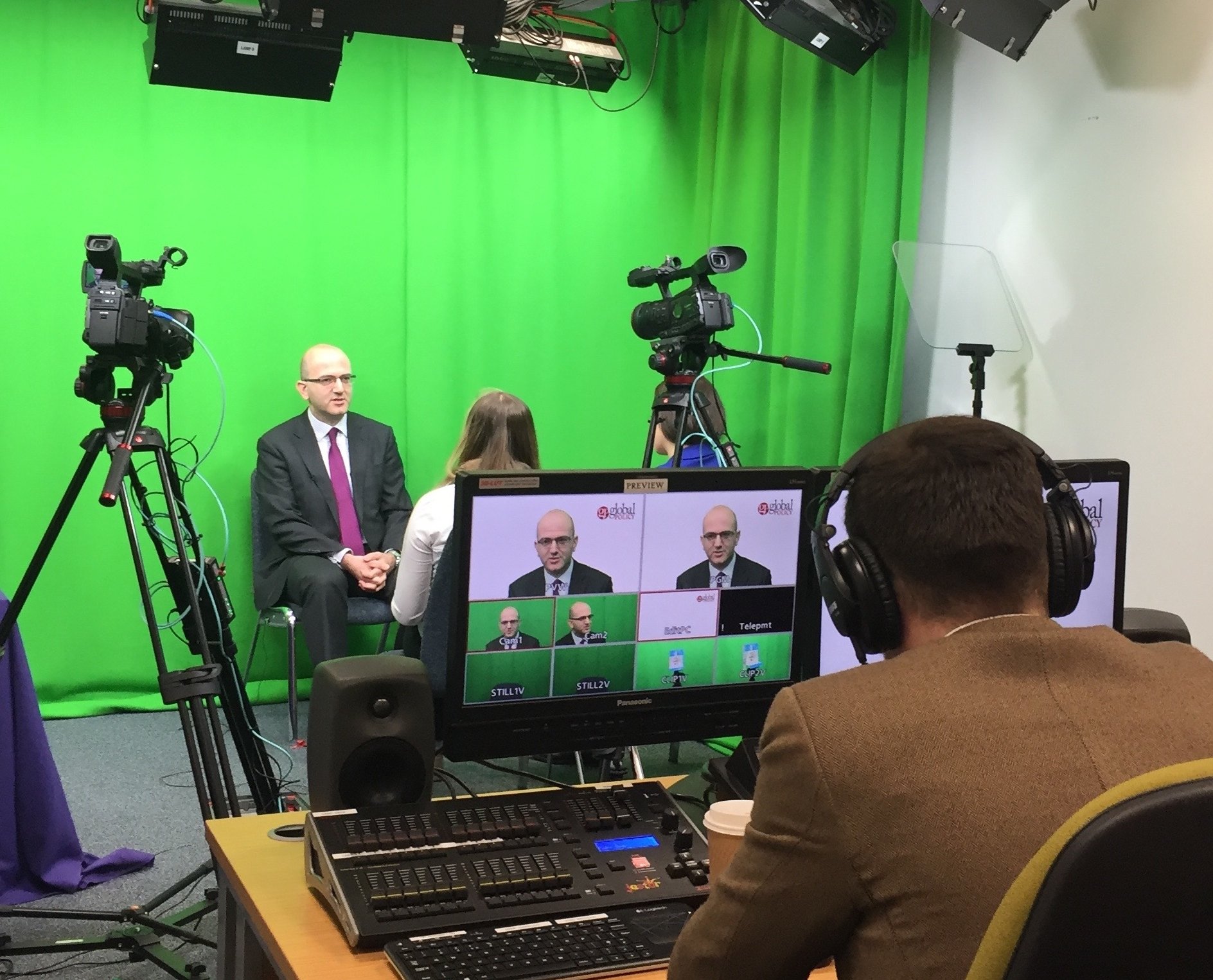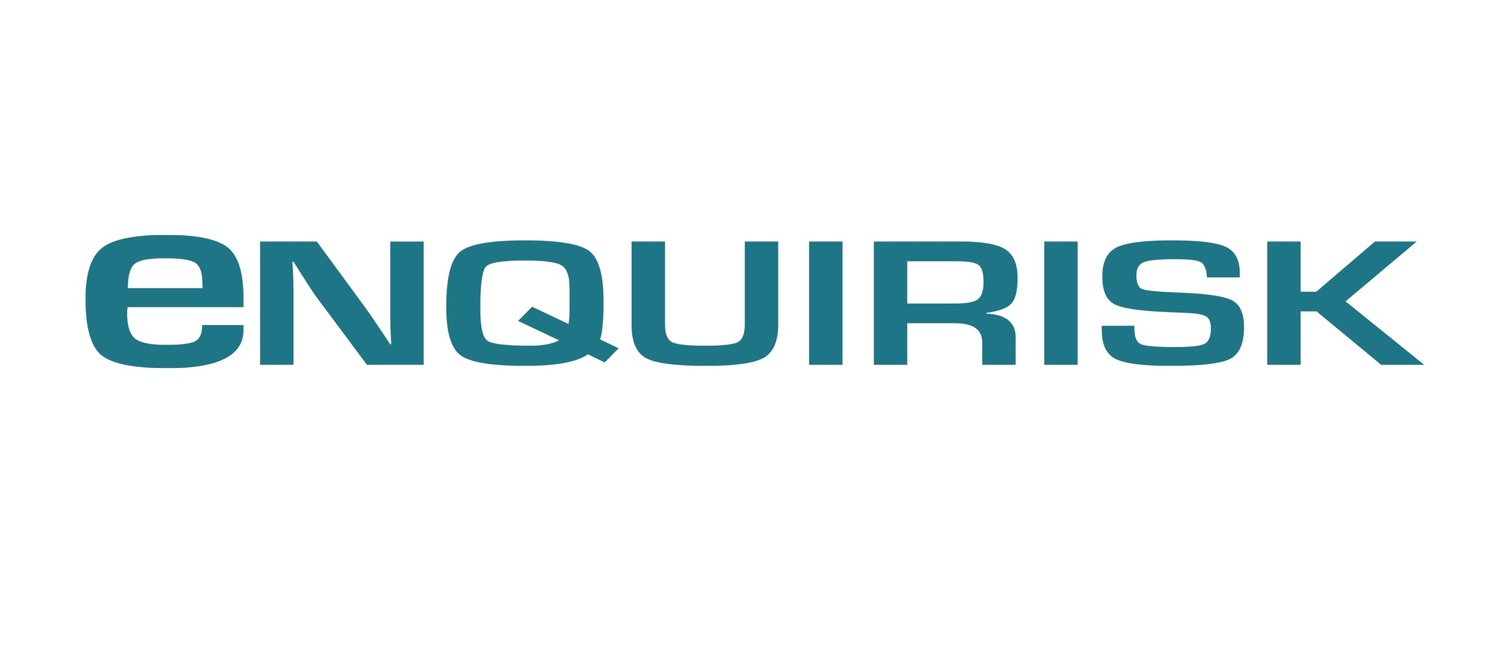
“Geopolitics”: What Is It Good For?
In recent years, the term “geopolitics” has become ubiquitous (see Graph below). This has helped spread awareness of important political dynamics. However, for the purposes of professional business risk analysis, the concept suffers from overstretch and confusion, as it is used in many different ways, with different meanings. This note dissects some of these meanings, identifies their assumptions, and highlights potential analytical shortcomings.

Putting Geo-Political Risk Intelligence to Work
While more and more international firms understand the need to mitigate against geo-political risk, most are still grappling with how to do that. This article indicates how to integrate Geo-Political Risk Intelligence (GRI) into traditional business functions.

Investigations in Support of International Business: Opportunities and Challenges
International sanctions and trade restrictions are growing in scope and complexity, not least in response to Russia’s invasion of Ukraine. Compliance with such laws can require insights into third-parties that cannot be achieved with automated screening or desktop research. For situations of heightened risk, an investigative approach that goes beyond the public record is recommended. Dr. Carlo Gallo shares his thoughts in an article for Working PI magazine.

Uzbekistan: Gradual Economic Opening Amid Continuing Challenges
Uzbekistan’s President Shavkat Mirziyoyev will be re-elected in an un-competitive popular vote on July 9. Since coming to power in 2016, his economic reforms have tangibly improved conditions for foreign investors. However, the business environment still suffers from clientelism, formal and informal political interference, a weak rule of law and the repression of civil society.

Why Did Russia Invade Ukraine?
Putin’s decision to invade Ukraine cannot be justified, but we need to explain it in order to understand how Putin’s regime works and what its endgame might be.

Dr Carlo Gallo on the "Allthingsrisk" Podcast
In a long-form podcast conversation with Ben Cattaneo, Dr Carlo Gallo covers the methodology behind political risk analysis and how this relates to decision-making, as well as the current Russia-Ukraine conflict.
As Ben wrote: “When it comes to forecasts about things that involve high degrees of ambiguity, we tend to be seduced by certainty. Geopolitics is one of those areas where forecasts and ratings abound. However, what we should be looking for (along with expertise), is clear, structured thinking relevant to our specific decisions, objectives, or circumstances.”

Intelligence for Sanctions Compliance
International sanctions and trade restrictions are growing in scope and complexity, not least in response to Russia’s invasion of Ukraine. Compliance with such laws can require insights into third-parties that cannot be achieved with automated screening or desktop research. For situations of heightened risk, an investigative approach that goes beyond the public record is recommended.

Kazakhstan: Challenges Ahead
On January 2 2022, peaceful protests occurred in oil-rich Western Kazakhstan against the withdrawal of price subsidies for liquefied petroleum gas (LPG). LPG is widely used to fuel vehicles. Protesters soon voiced pro-democracy demands too, and protests spread across the country. In addition to peaceful protests, from January 4, Almaty and other cities also saw large-scale violence by sizeable armed groups, who took over official buildings and Almaty’s airport. After having initially encountered weak resistance, the insurrection was neutralized by January 8. To date, about 8,000 people have been detained in connection with the disorders.

Enquirisk in Durham, UK
Dr Carlo Gallo delivered a talk on "Political Risk: Analytical methods, global trends and careers" at the School of Government & International Affairs of Durham University, on 10 March 2016. The following day he was interviewed for a video recording by the Global Policy Journal.

